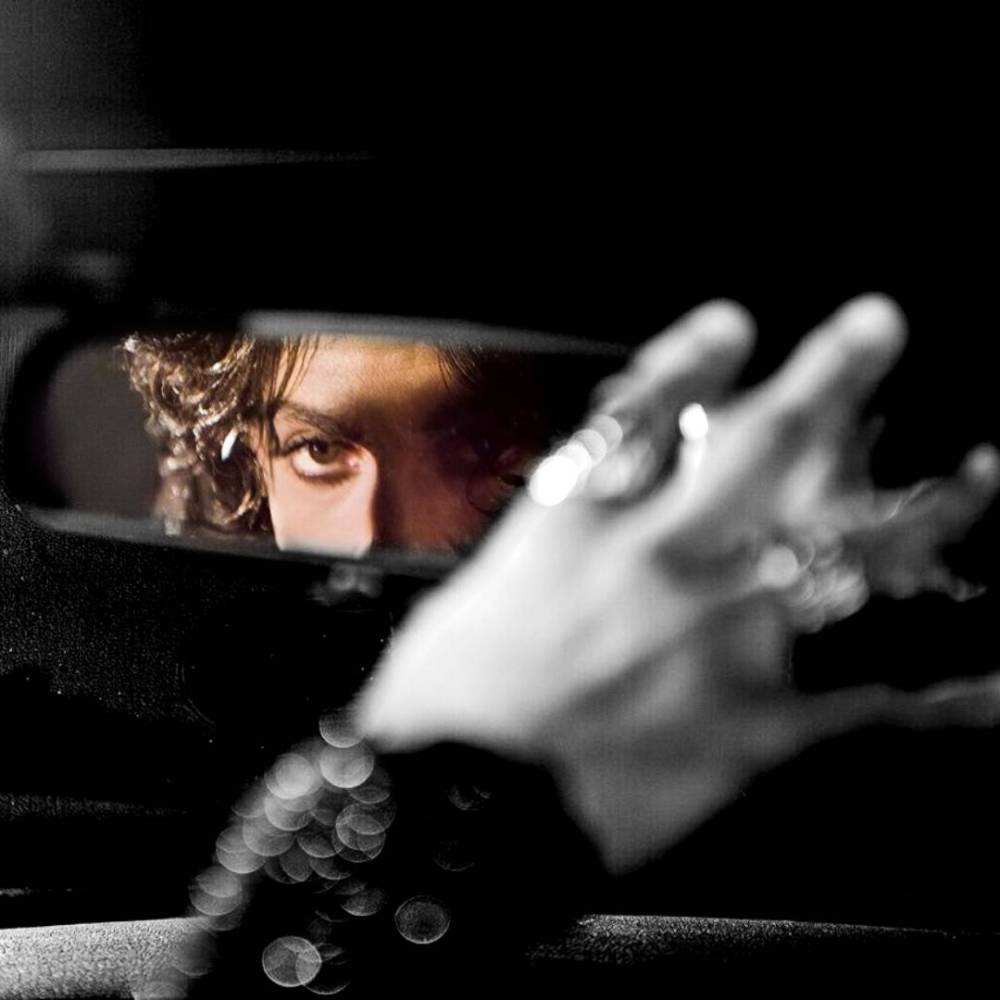Image via Jack Riedy
You can find Jack Riedy’s upcoming DJ sets on his Instagram.
In the recent documentary Sly Lives! (aka the Burden of Black Genius), reclusive R&B artist D’angelo discusses the difference between musical icons by race. “I hate to say it but these white rock’n’rollers, these motherfuckers go out in style, they go out paid, they go out with their kids around them, like the fucking Godfather movie,” he says. “They die in their tomato garden with their grandson, laughing and shit.” For Black legends, sometimes the garden is buried in April snow.
As more details about Prince’s personal life have emerged in the nine years since his death, it’s become clear that his immense body of work existed hand-in-hand with tragedy. He was a Minnesotan Michael Corleone with Johnny Fontaine’s stardom who amassed power and fortune and could be ruthless and abusive, a musical Charles Foster Kane who delighted the world and overdosed in his Xanadu with no will left behind. Reflecting on the artist’s portrayal in Oscar-winning documentarian Ezra Edelman’s unreleased The Book of Prince, Questlove called it “a story of a human being who never, ever felt safe, and as a result, ha[d] to always be on guard.”
That paranoia has extended to the Prince Estate, now led by attorneys Charles Spicer Jr. and L. Londell McMillan, who mounted a successful campaign to bury the documentary out of fear that a journalistic perspective will impact their bottom line. “Everything about who you believe he is is in this movie. You get to bathe in his genius,” the director Edelman said on podcast Pablo Torre Finds Out in response to the Estate’s dubious complaints of factual inaccuracy. “And yet you also have to confront his humanity…he got trapped in his own myth about who he was to the world, and he had to maintain it.”
Once Edelman’s project was officially cancelled, the Estate made an eager announcement that “The Vault Has Been Freed,” stoking flames of anticipation for archival compilations or live recordings on par with 2021’s impeccable Sign ‘o’ The Times box set, to match the retrospectives for peers like Bowie, Bruce, and Bob Dylan. So far, that hope has been met with more branded home goods and another fan convention scheduled for June.
Luckily there’s a bootleg community that began when Minneapolis scenesters first taped shows by a promising Uptown talent at the twilight of the Carter administration and has been nurtured by Paisley Park staff, bandmates, and, as rumor has it, the man himself. Like Sly Stone before him, Prince understood that the right combination of pop melodies, slamming beats, and instrumental pyrotechnics can be an effective vector for complex emotions like envy, lust, aggression, despair, religious awe, and fear of death, and he filled his fabled vault with hundreds of experiments.
Deep Purple is a tribute to the many unreleased Prince songs that have escaped over the years. The mix includes rough drafts, album cuts, live performances, collaborations, and remixes by funk disciples. “I try to stay original in my work and a lot of sounds have been used now, and I’m looking for new instruments and new sounds and new rhythms,” he said to Detroit radio DJ The Electrifying Mojo in 1985. “I got a lot of surprises, I don’t want to give them all away.” Prince has been gone for nine years, but he has yet to run out of surprises.


